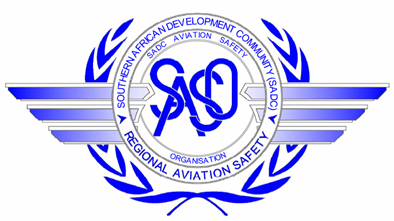The Southern African Development Community (SADC) is a Regional Economic Organisation consisting of sixteen (16) member states: Angola, Botswana, Comoros, Democratic Republic of Congo, Eswatini, Lesotho, Madagascar, Malawi, Mauritius, Mozambique, Namibia, Seychelles, South Africa, United Republic Tanzania, Zambia and Zimbabwe.
The aviation sector plays a vital part in contributing to the economies of the SADC Member States. Air transport is increasingly becoming the preferred mode of transport for the movement of people and goods into and out of the SADC region, and within the SADC Member States, for purposes of tourism and trade in particular.
The SADC Protocol on Transport, Communication and Meteorology requires Member States to harmonise their policies and procedures on civil aviation and foster the development of International Civil Aviation through cooperative arrangements.
SADC Member States have found it imperative to establish a regional organisation responsible for enhancing the safety of civil aviation in the regional bloc. This follows the inadequacy of skilled, qualified and competent technical experts from within Member States to fulfill their safety obligations, respectively and contribute to the safety requirements of the Region.
The aim of the SADC Aviation Safety Organisation (SASO), established under the Principle of Subsidiarity, is to promote the safe and efficient use and development of civil aviation within the SADC Region. A Secretariat is established to facilitate day to day operations. It is a legal entity hosted by the Kingdom of Eswatini and observing its laws of the Kingdom.
The principle of subsidiarity, approved by the SADC Council of Ministers at its meeting held in Grand Baie, Mauritius, in August 2004, is a cost-effective means that promotes accountability and sustainability. It is in line with the SADC Treaty, which provides for the involvement of the people of the SADC Region and key stakeholders in the process of regional integration.

